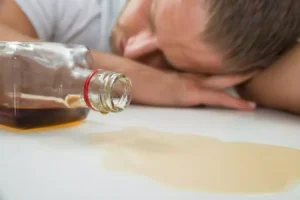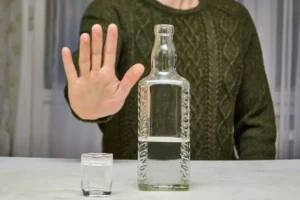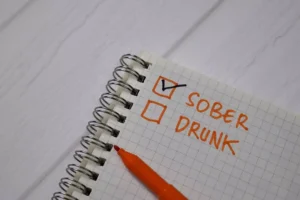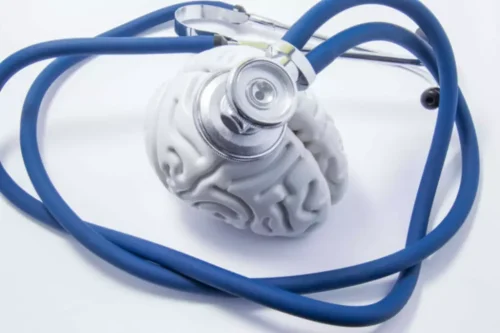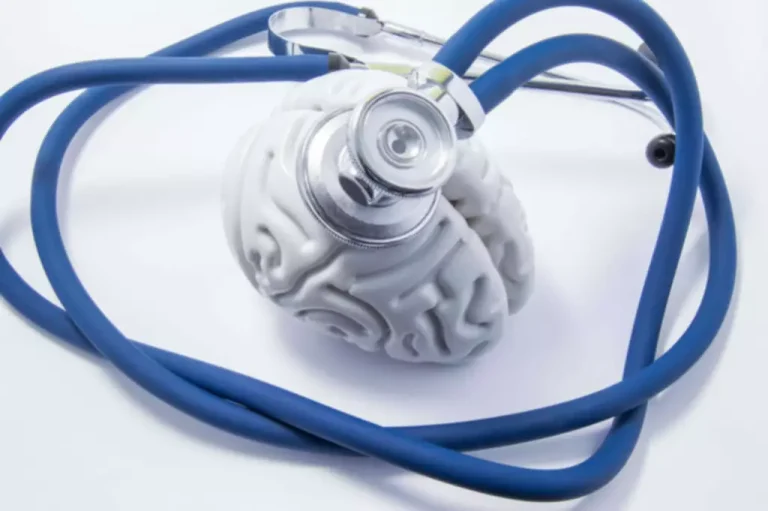.jpg)
Clocking in at 192 proof — or 96% alcohol by volume – this clear Polish spirit has been crowned the world’s strongest, weightiest liquor. While vodka is a commonly ranked favorite type of spirit among drinkers, Spirytus is best used as part of a well-informed repertoire of cocktails and the occasional boozy dessert. Ukraine’s Khor Vodka comes from the Khortytsa Distillery and is the mouthwatering end-product of first-class technology and refined manufacturing.
.jpg)
Flavored vodka
No need to do that, all you have to know it will take your breath away in the same manner as Polmos Spirytus Rektyfikowany. Since it is at least twice as strong as the average vodka you should only use half of the recommended part in cocktails. This can be achieved by diluting it by 50% by adding 1 part water for every 1 part Balkan 176 vodka or using a half tot measure. 176 Balkan Vodka reaches can only really be appreciated when diluted with fruit juices, tonic water, or when used in cocktails.
- However, give it a shot before mixing it, as it would be a shame not to try it neat.
- If you’re looking for a drink that packs a punch, then these strong vodkas might pique your interest.
- According to the brand’s tasting notes, the Buddha’s Hand Citron is a deluxe upgrade to your typical lemon vodka with plenty of aromatics and flavor notes.
- But a word to the wise — enjoy at your own risk, savoring the experience and authenticity of this super-strength absinthe while also appreciating its true spirit responsibly.
- Absolut contains no added sugar, and the brand only uses the highest quality ingredients available to make its vodka.
- The strongest vodka brands are high on the list of overall alcohol by volume (ABV) ratings.
Kirkland Signature American Vodka
- Due to this fact, the Ciroc vodka has a strong fruity note, and since it is filtered with charcoal, it is one of the purest on the market.
- Check out our most powerful drinks, whisky, Champagne and sparkling wines, and wine lists here.
- This top-shelf vodka is renowned for being one of the smoothest on the market, and it’s a joy to sip it neat.
- Beluga is created at the Mariinsk Distillery in the heart of Siberia, one of the most environmentally clean and tranquil areas of Russia.
- Confident in covering everything from upcoming trends at London Fashion Week to brand stories for spirits companies, Georgie is an ambitious writer who loves to expand her knowledge.
It’s also the only vodka brand to be awarded the Positive Luxury Butterfly Mark, which recognizes its commitment to quality craftsmanship and environmental responsibility. However, watch out for potential cross-contamination and hidden gluten in vodkas that may add flavorings or other ingredients after distillation. For flavored vodkas, it can be more difficult to fully guarantee that flavored ingredients haven’t come in contact with any trace of allergens during the suppliers’ production processes. The sky’s the limit when it comes to flavored vodka, a spirit that’s ever-growing in popularity as brands and distilleries discover new combinations and exciting flavor profiles.
Balkan 176
Produced in the Netherlands, the vodka saw its organic net sales rise by 6% in 2013, driven by growth in the US market. Dropping two places to 10th is Pinnacle Vodka, owned by US-based Beam Inc which bought the French brand from White Rock Distilleries in 2012 for a reported $605 million. Beam plans to begin distributing the brand globally from 2015 in regions such as Asia, New Zealand and Australia. Pinnacle makes both unflavoured and flavoured vodka variations, including a line of whipped dessert flavoured vodkas.
.jpg)
Angel’s Envy Cask Strength Bourbon Whiskey Finished in Port Wine Barrels
We embarked on a fascinating journey through the world’s most potent libations. We dove into the production processes, histories, and regions of origin strong vodka for these exceptional and powerful liquors. Each entry offers a glimpse into the dedication and craftsmanship required to produce such extraordinary libations.
Polmos Spirytus Rektyfikowany vodka
Marienburg 90% Overproof white rum is a standout in the world of high-proof spirits, celebrated for its exceptional alcohol content, which typically reaches an astounding 90% ABV. This overproof rum is produced in Suriname, a South American country known for its rich rum-making tradition. Though somewhat unknown, the production process potentially involves Trinidadian molasses and American oak barrel aging.
Keto Friendly Cocktails to Drink
Crystal Head contains no additives, glycerol, citrus oils, or sugars, meaning that the taste of the vodka is entirely pure and authentic. However, the corn used in its production process lends a sweetness to the vodka that’s not found in other brands. It’s a premium spirit recognized for its unique bottle and versatility in cocktails. Haku’s classic vodka is an exceptional addition to your home bar, thanks to its nuanced and unique taste. While this spirit is excellent in your favorite mixed drinks, it truly shines when served all on its own. Since Haku defines it as a distinctive vodka with a slightly floral and sweet nose, sipping straight is the best way to enjoy this luxury liquor from start to finish.


